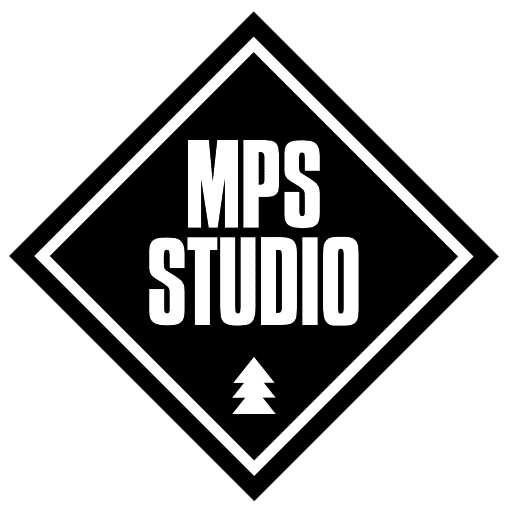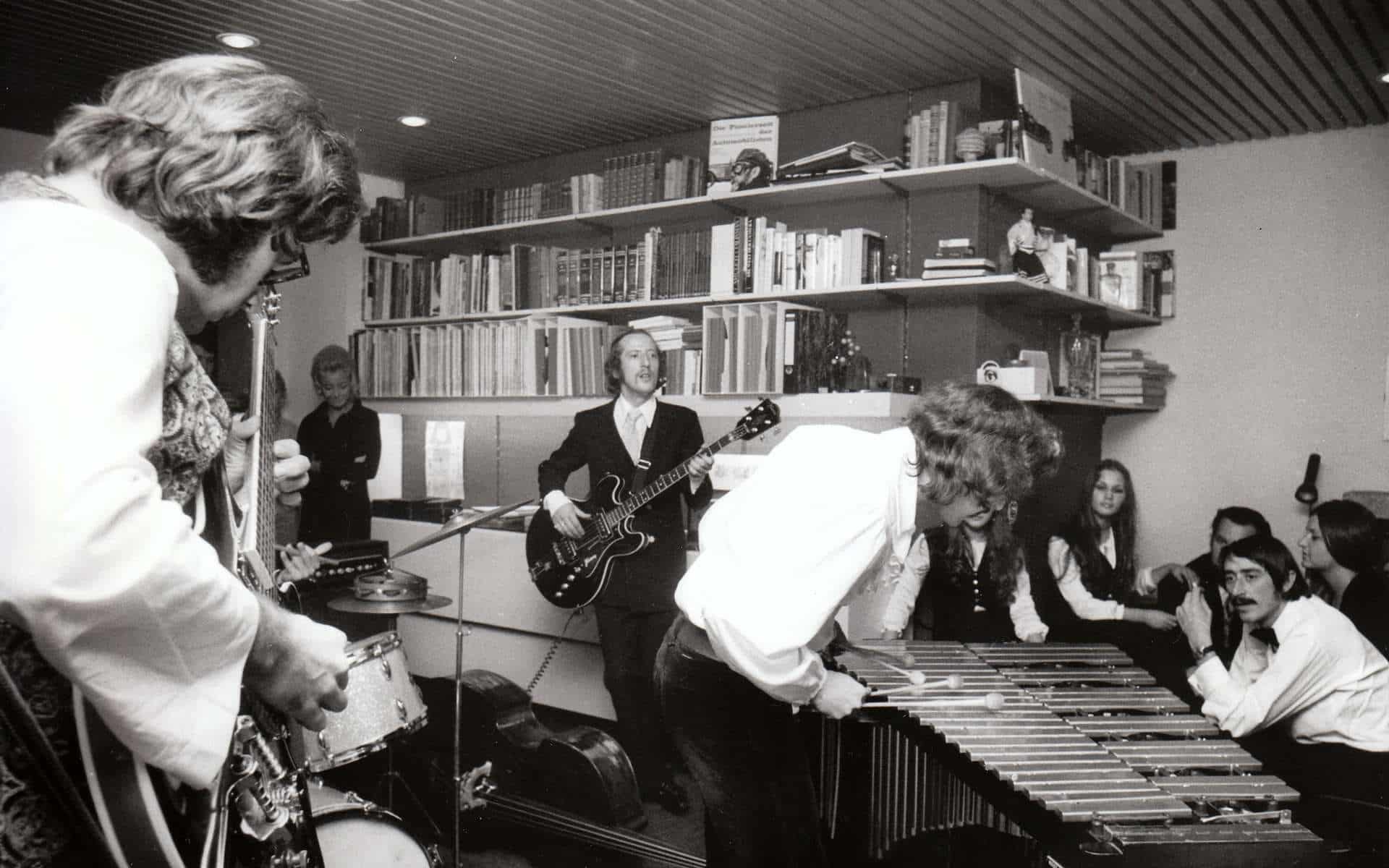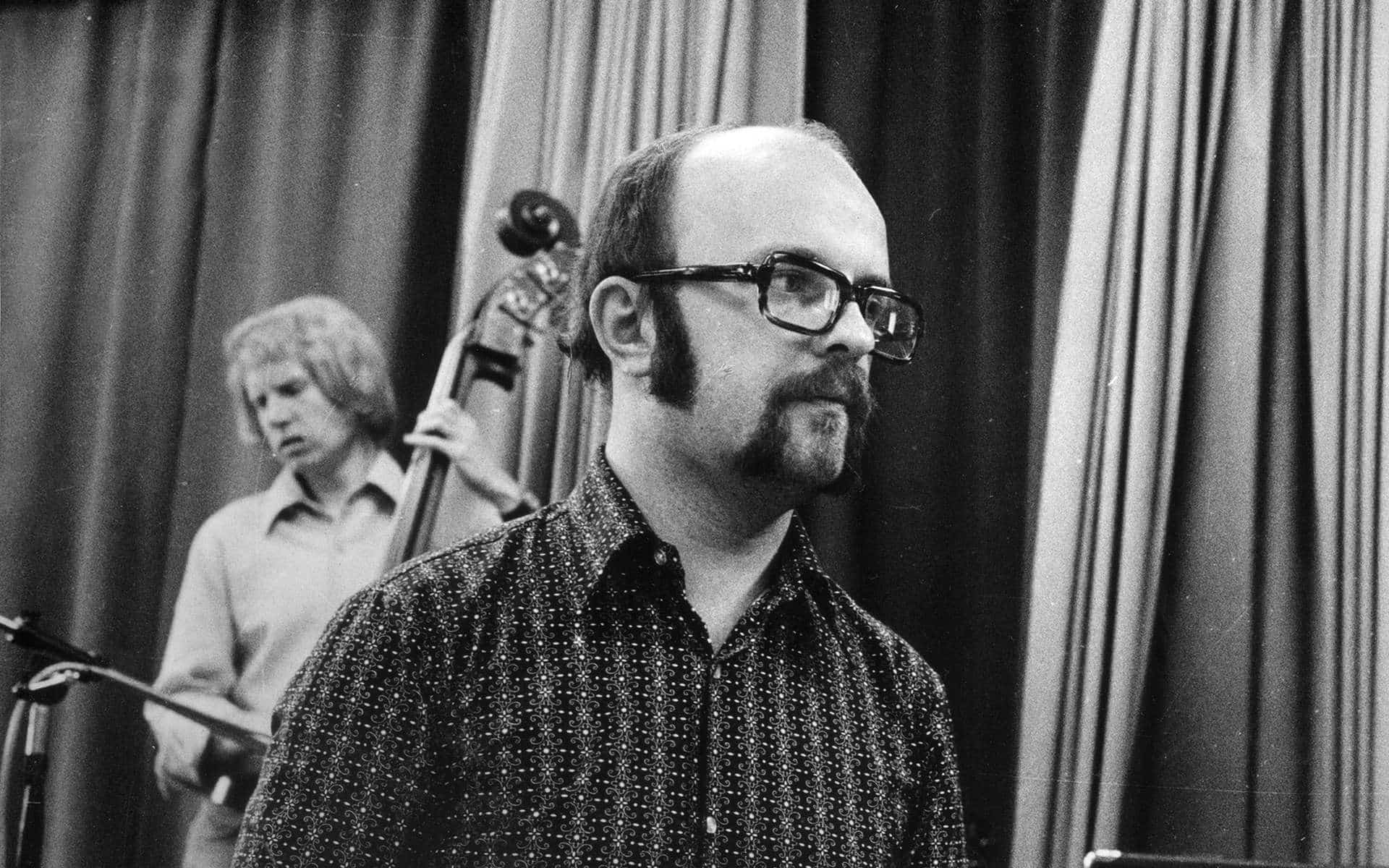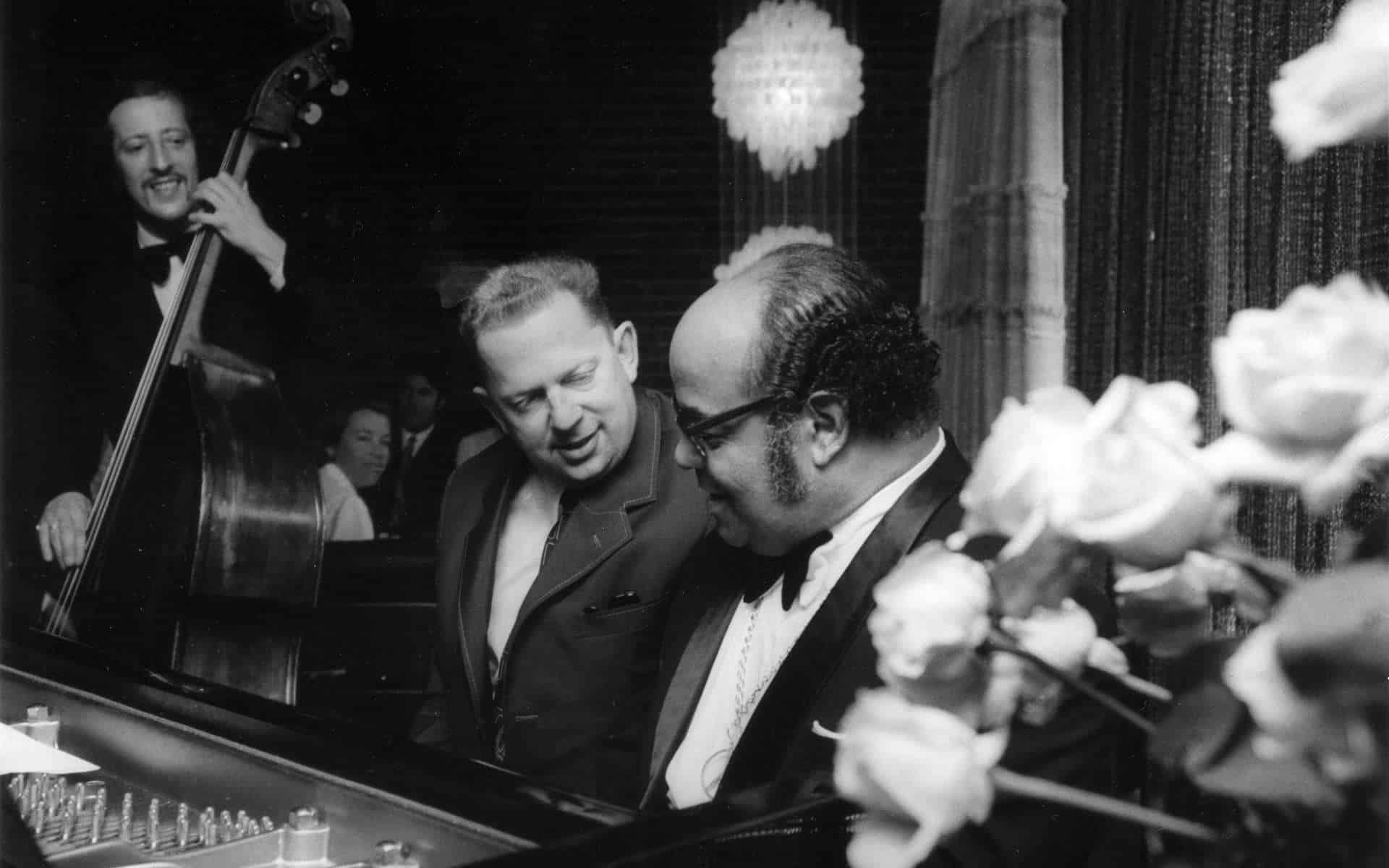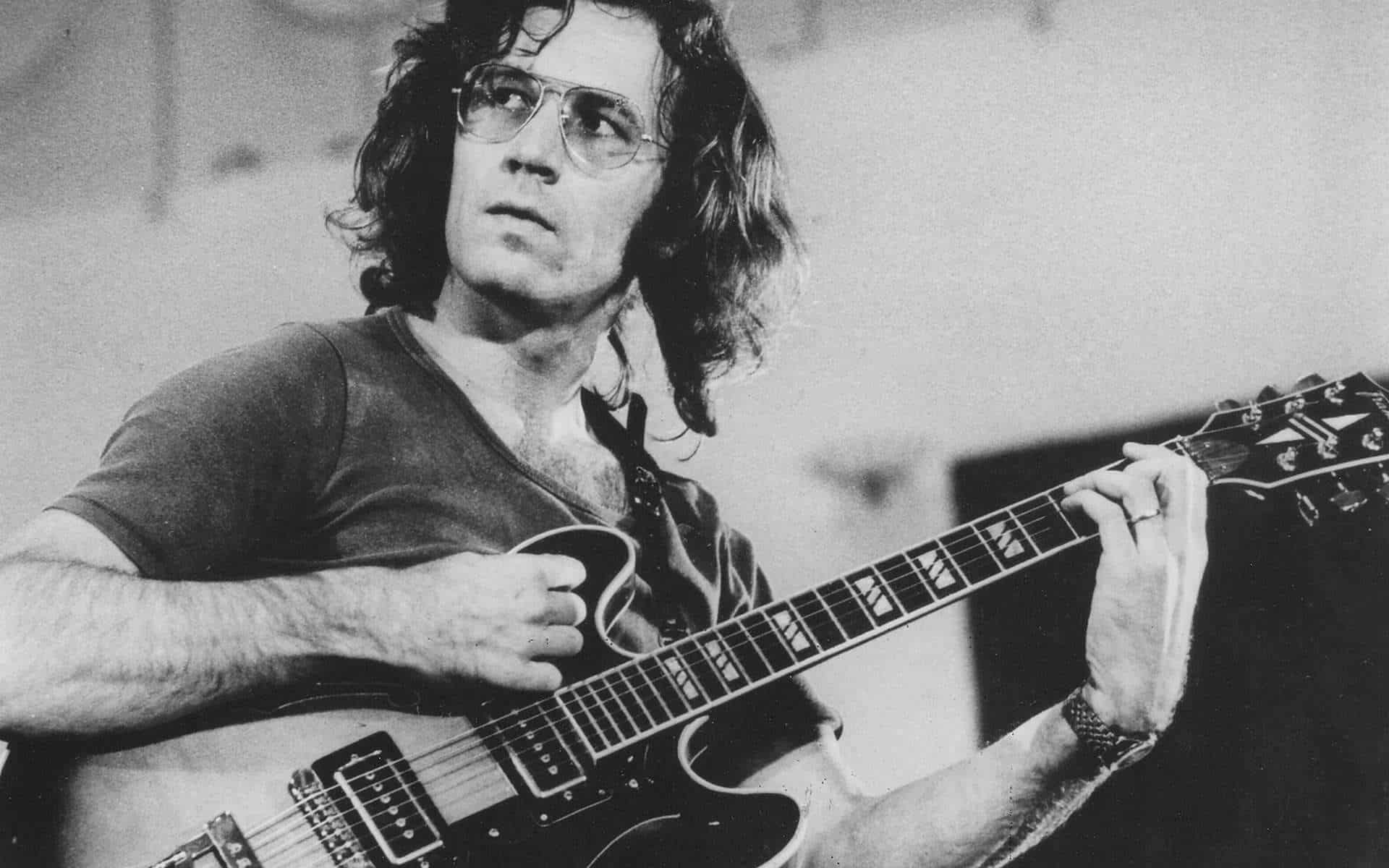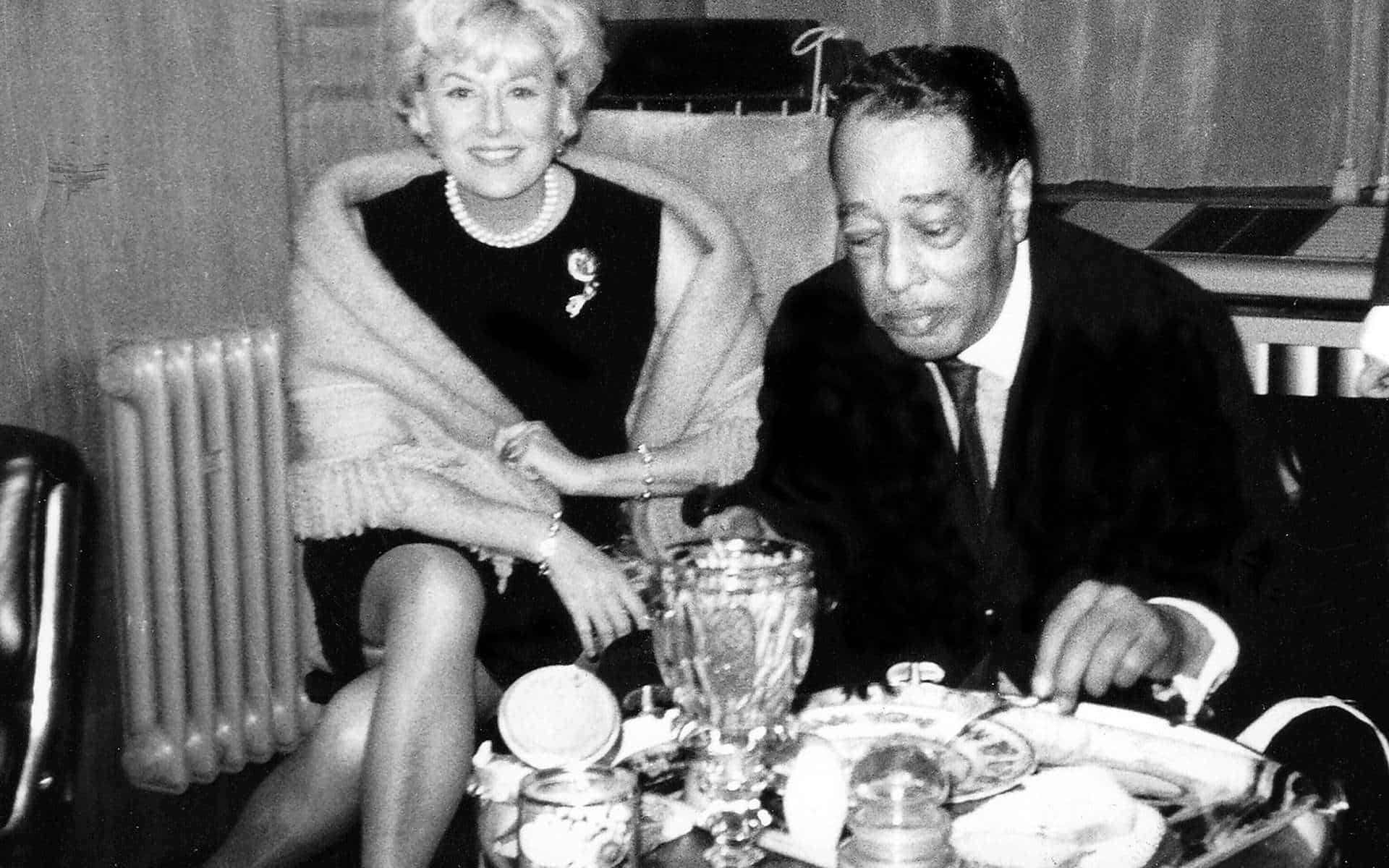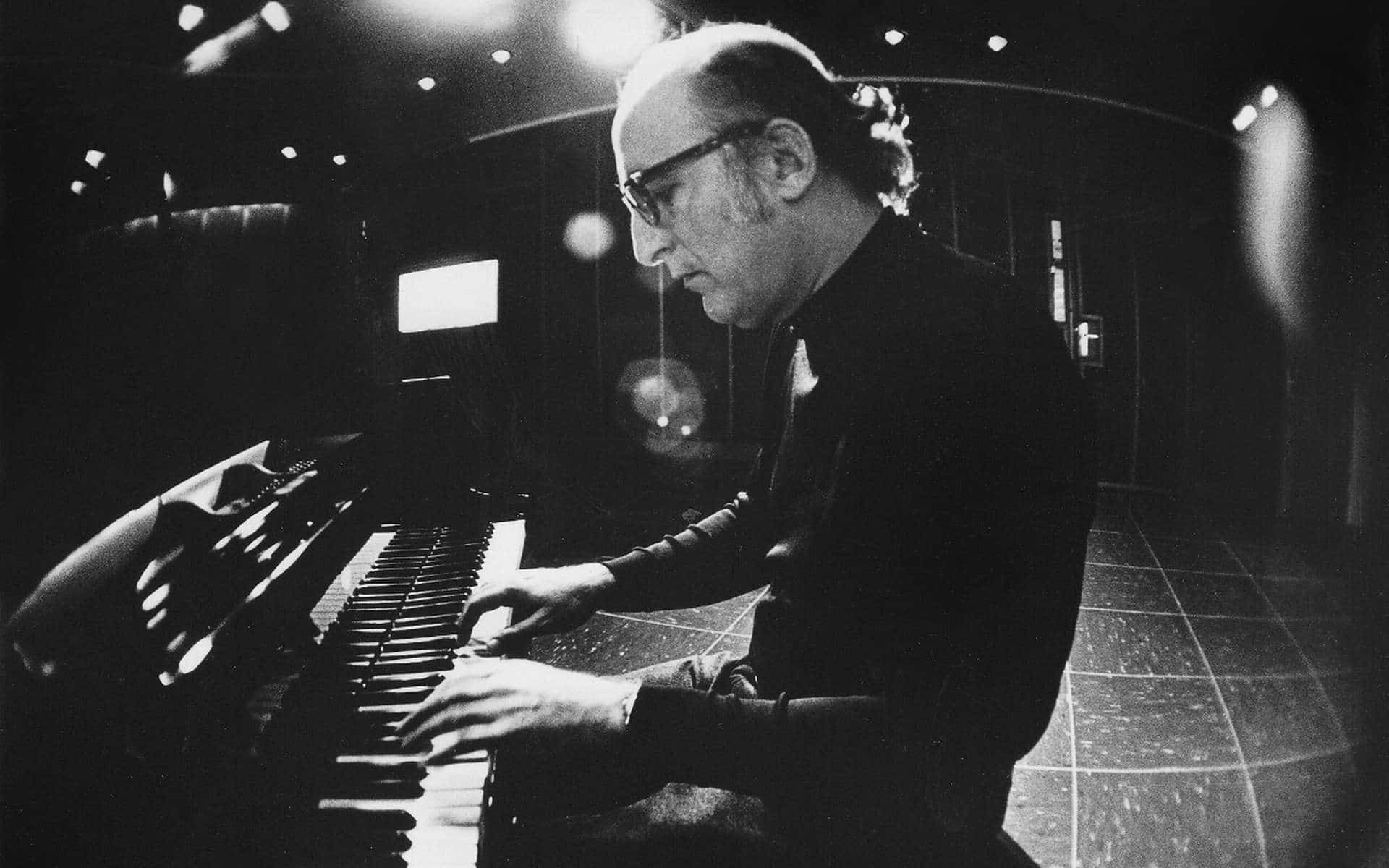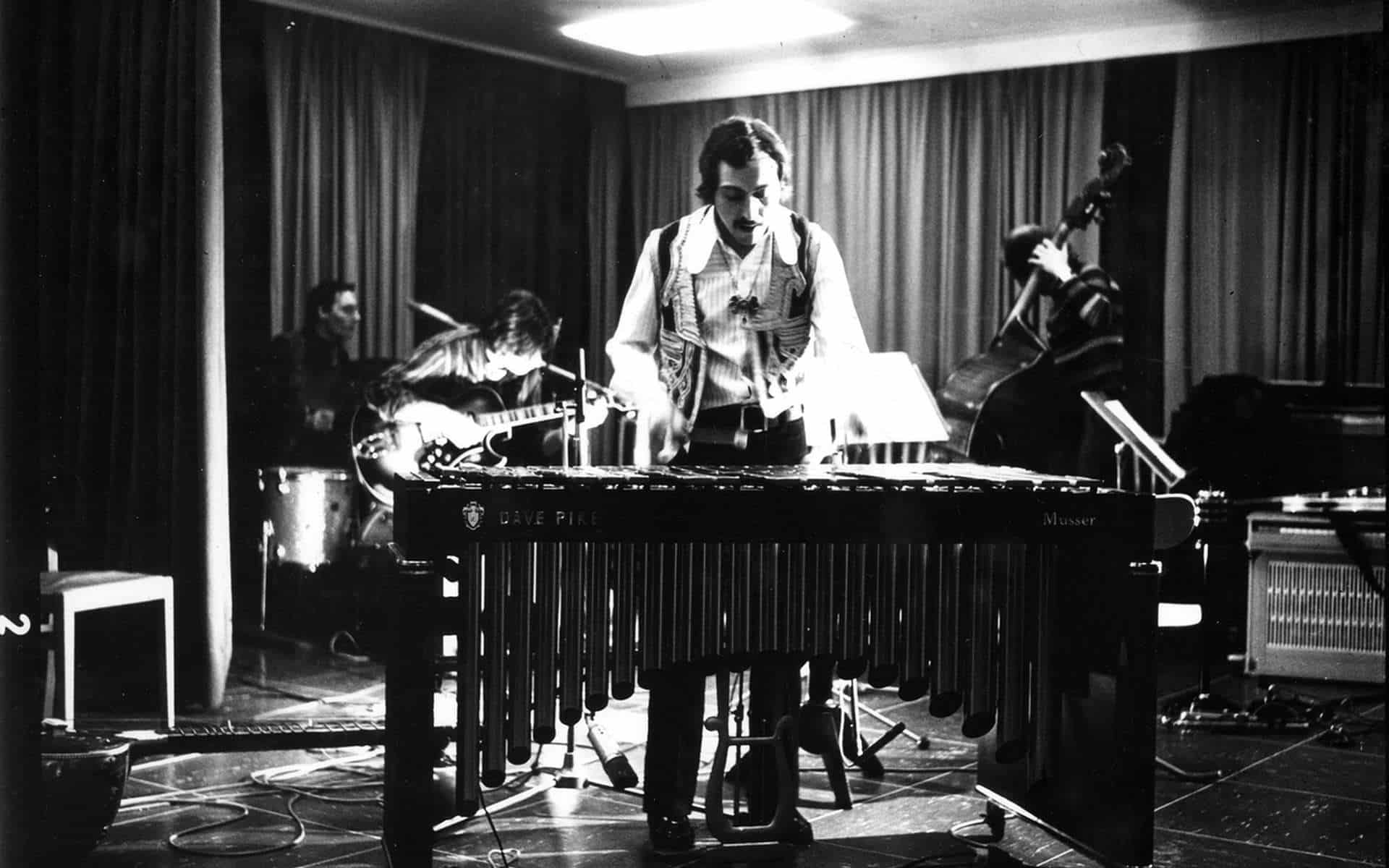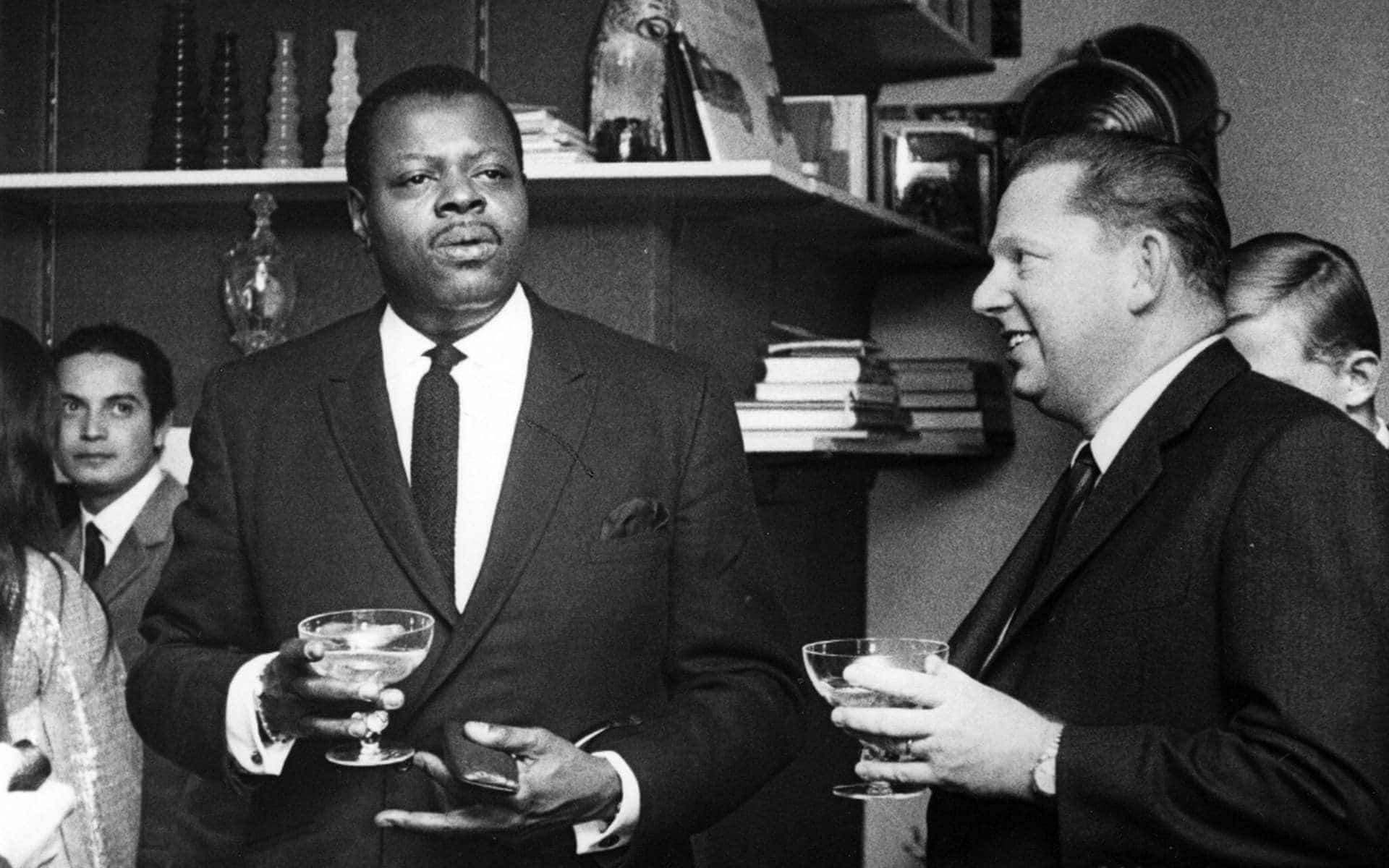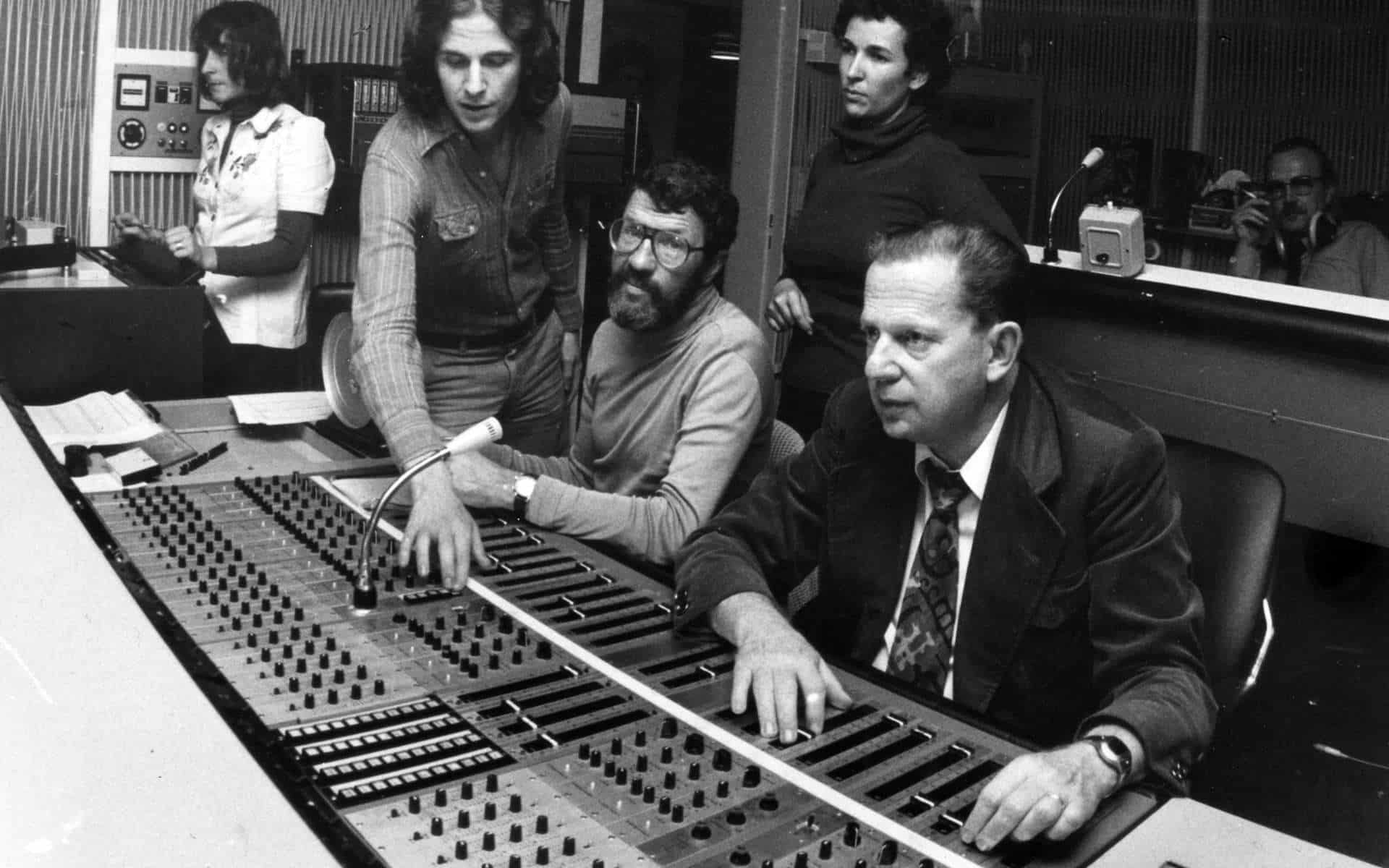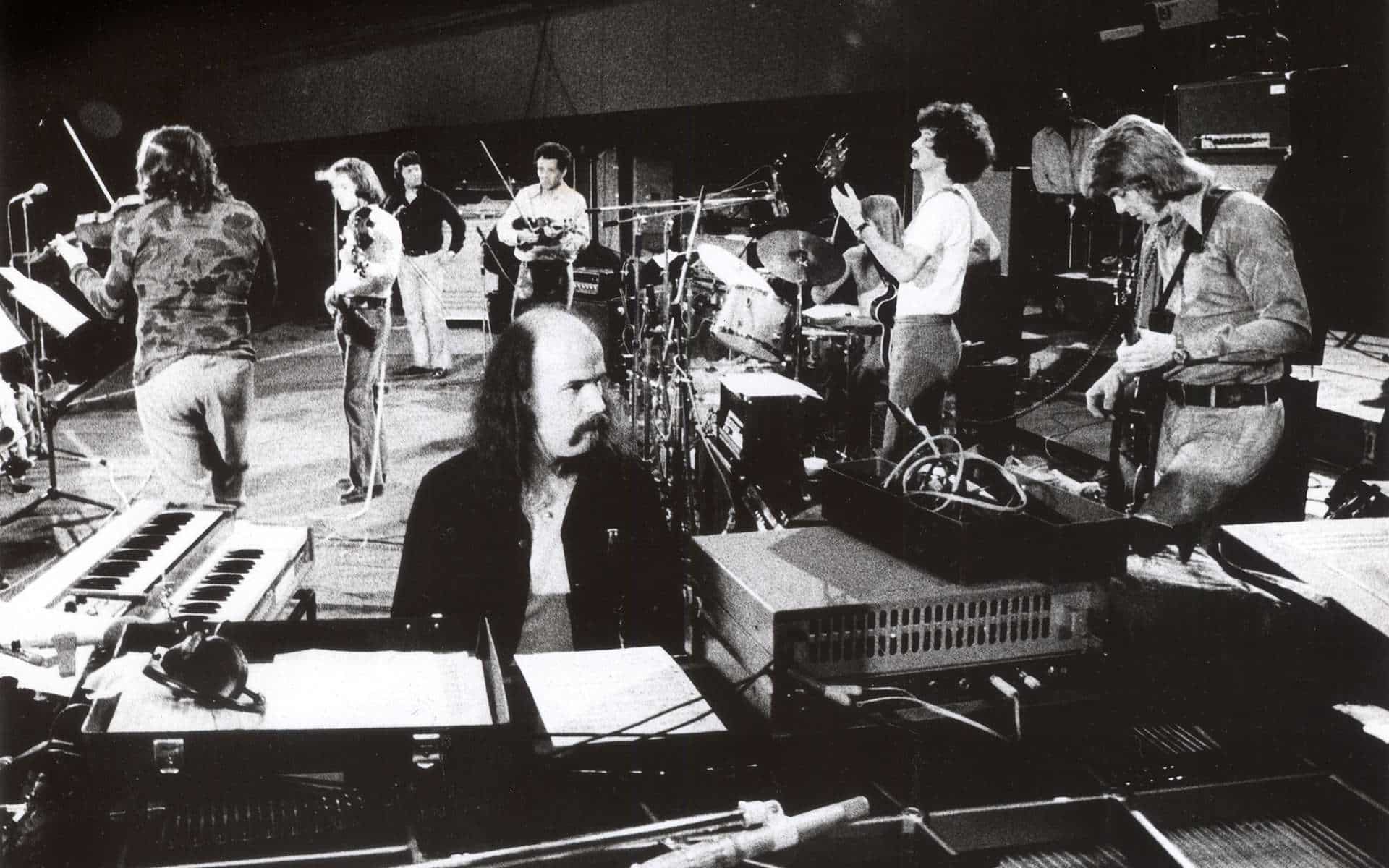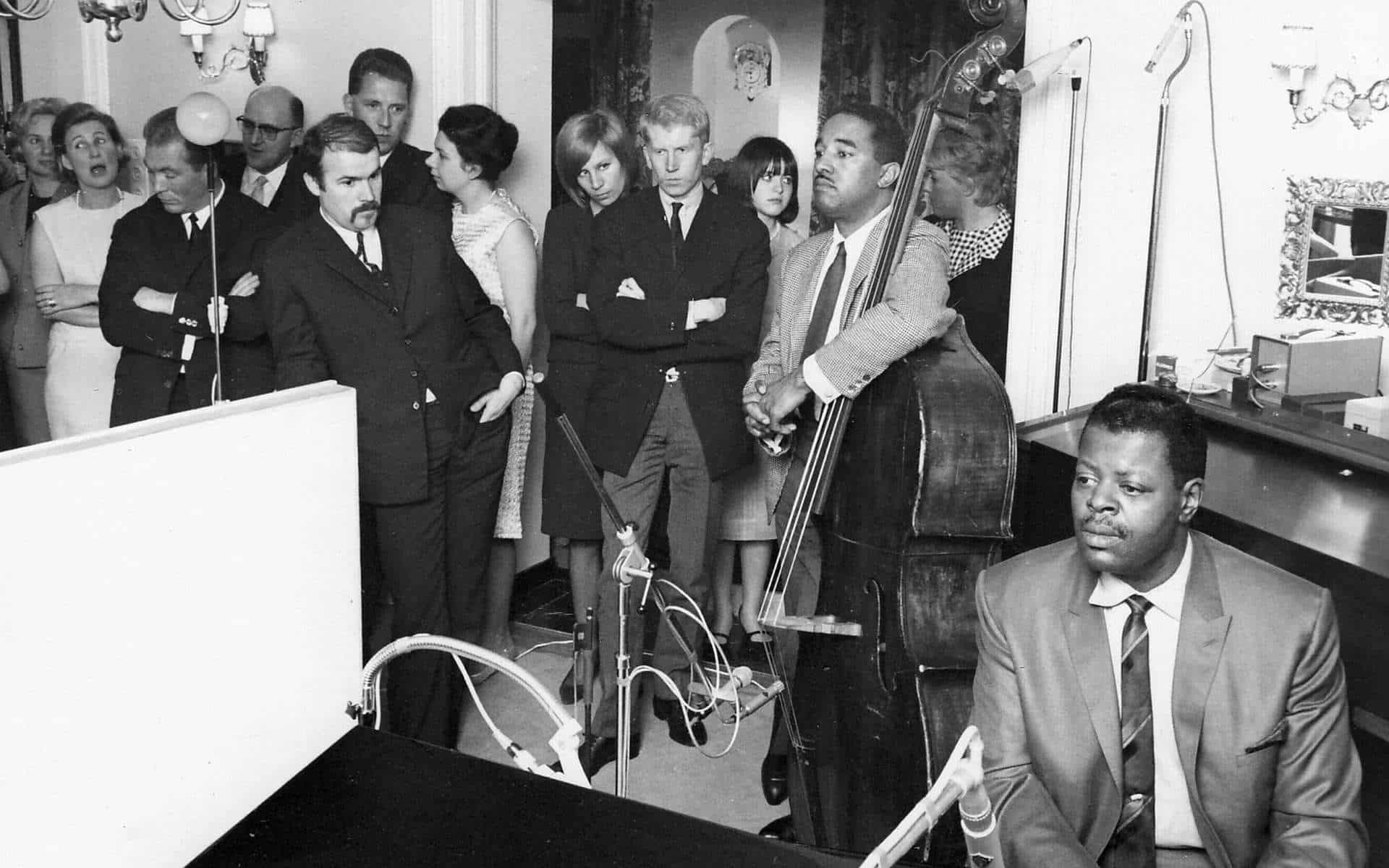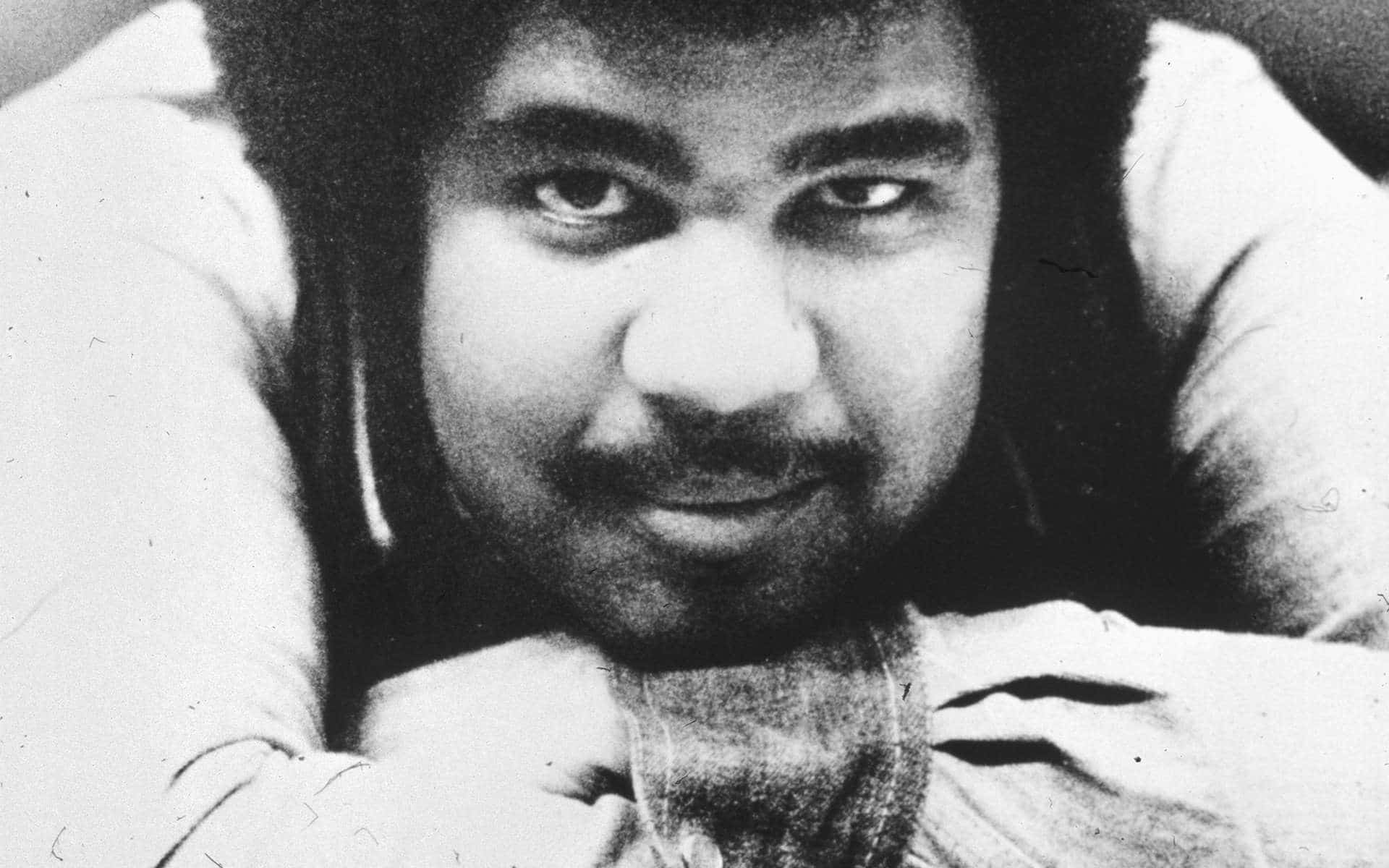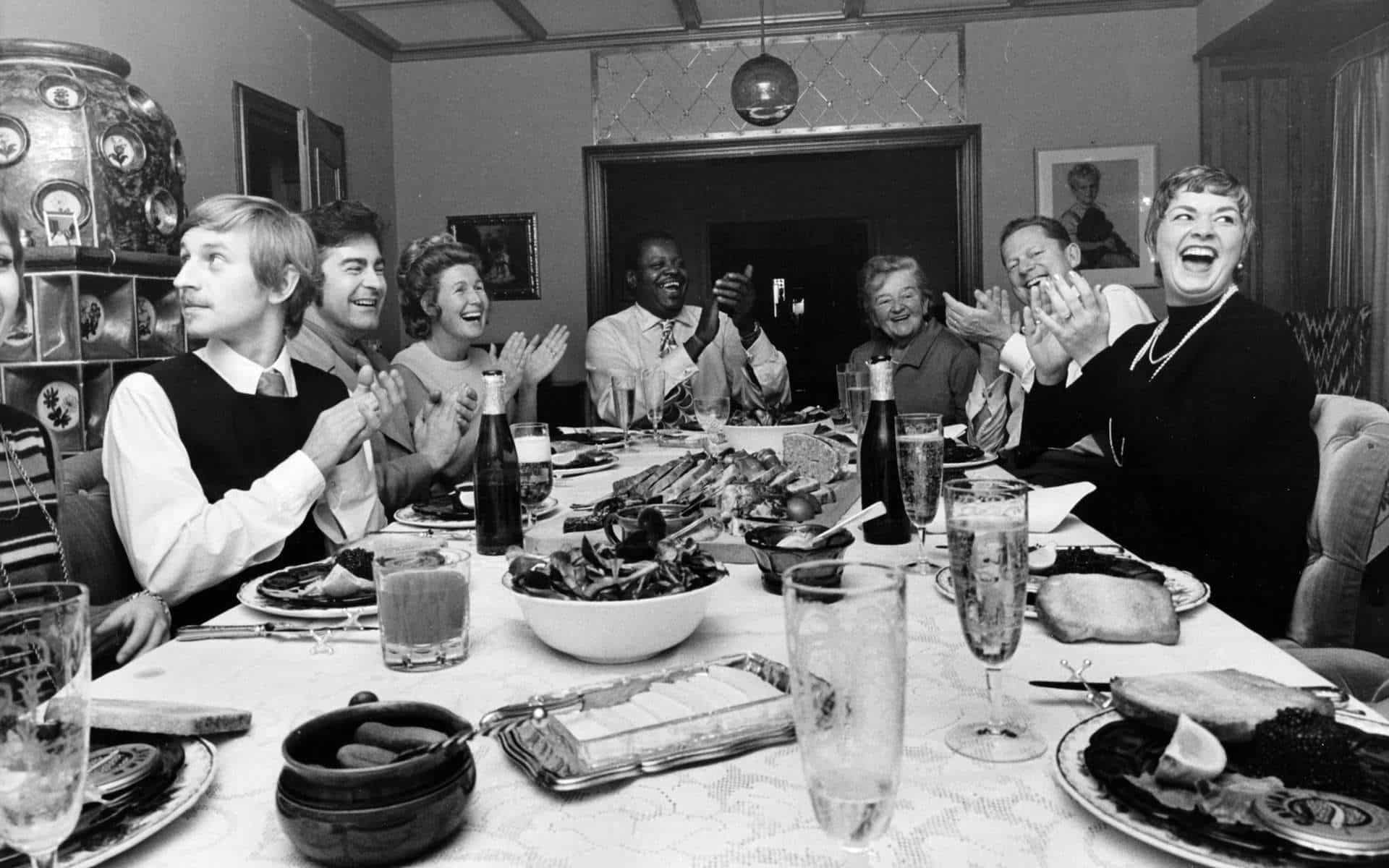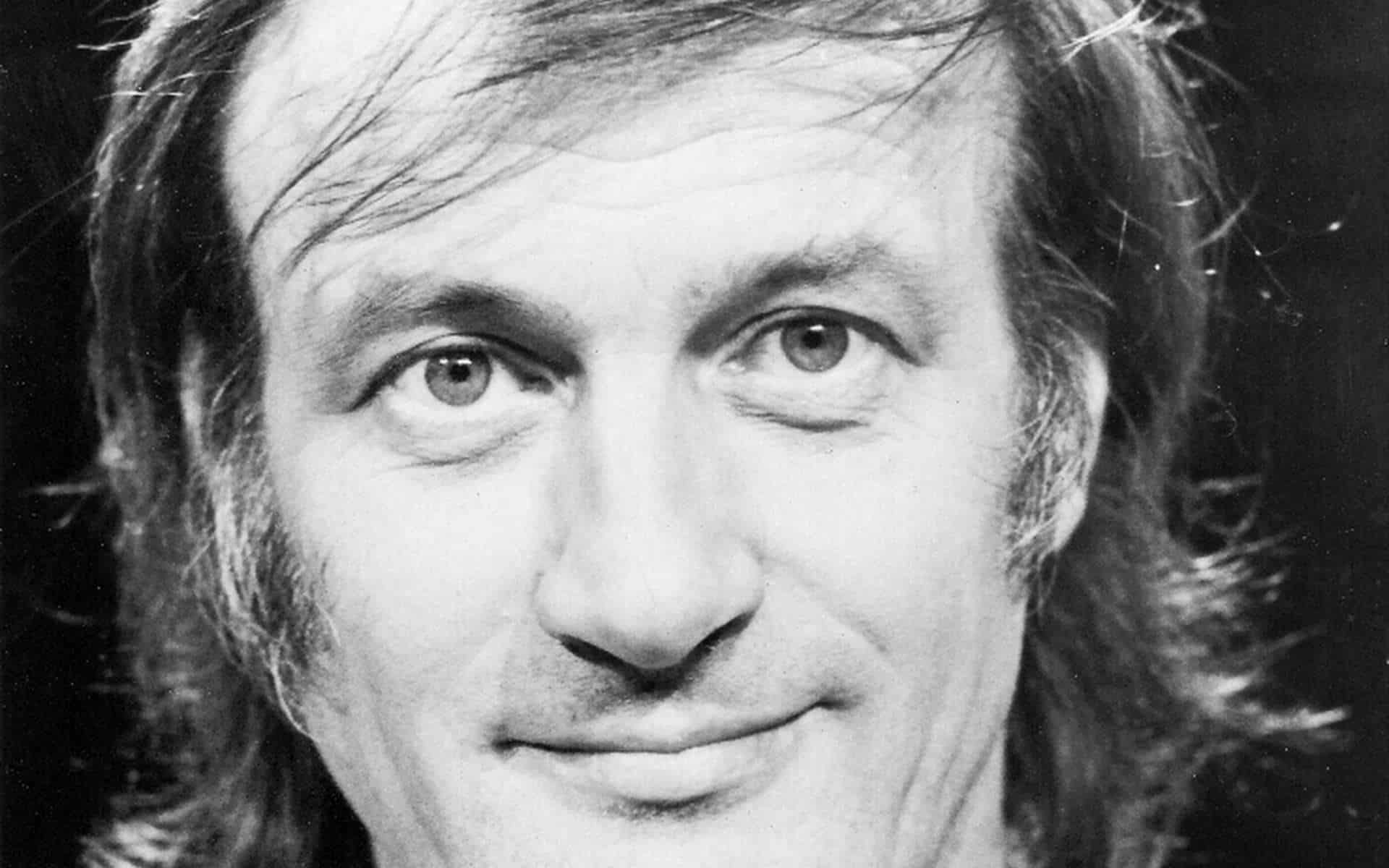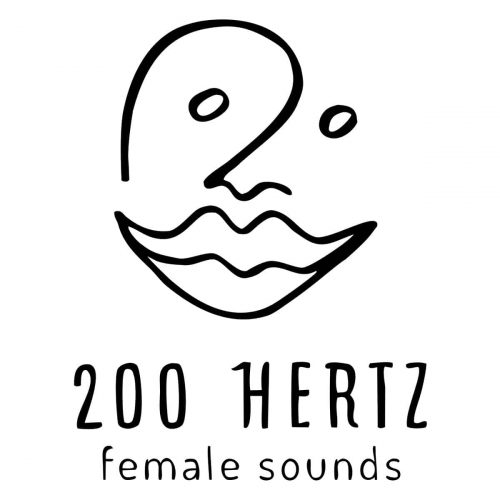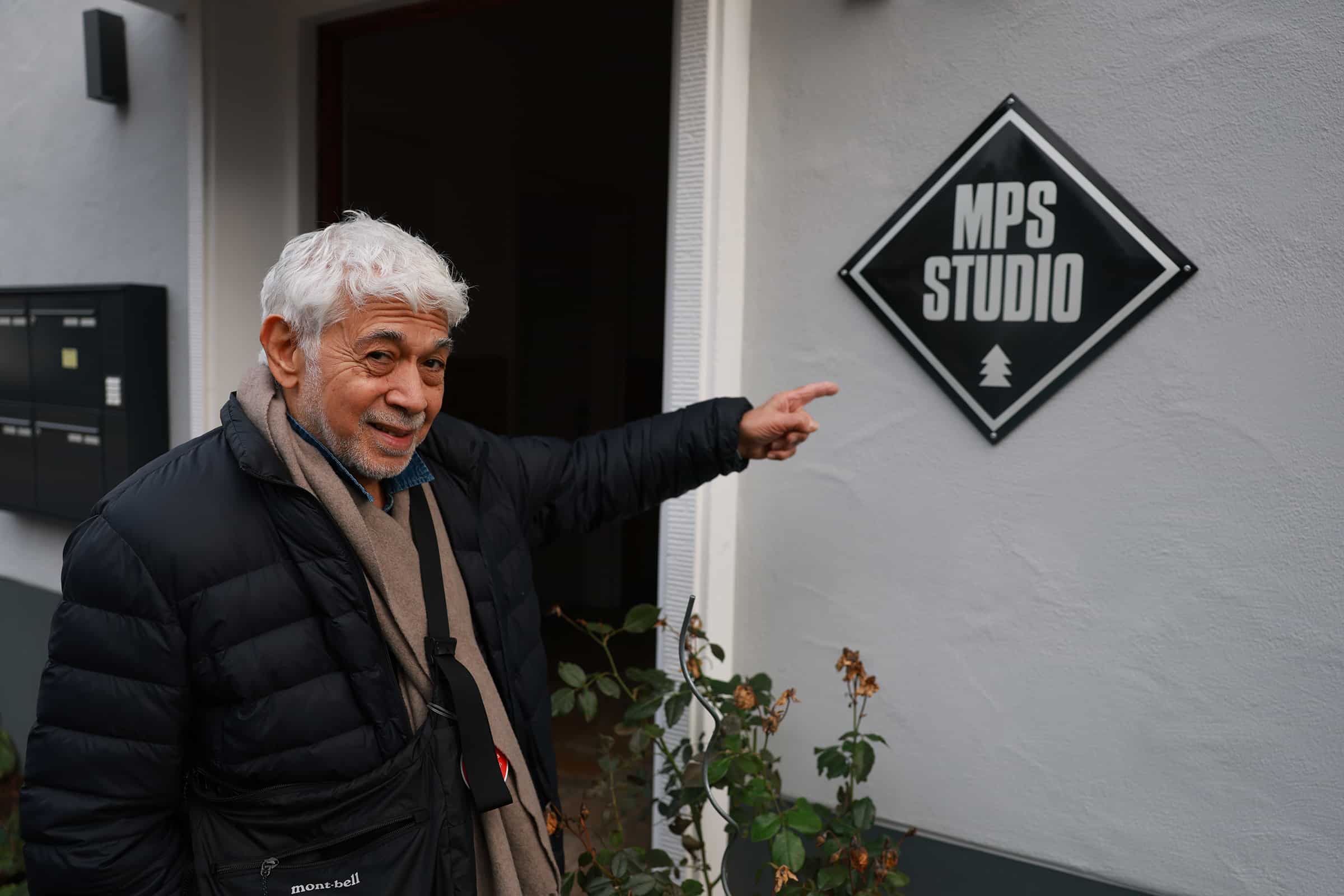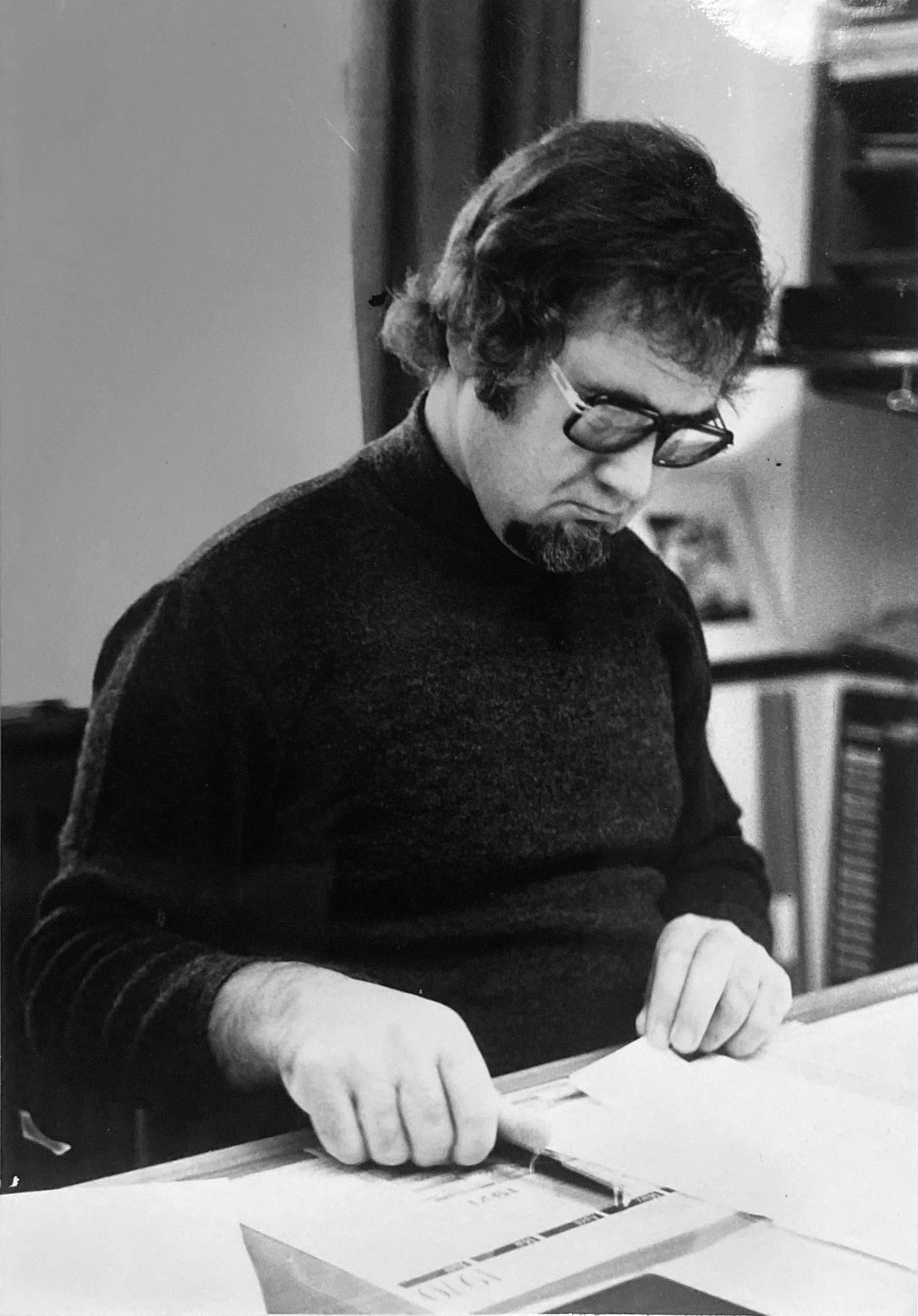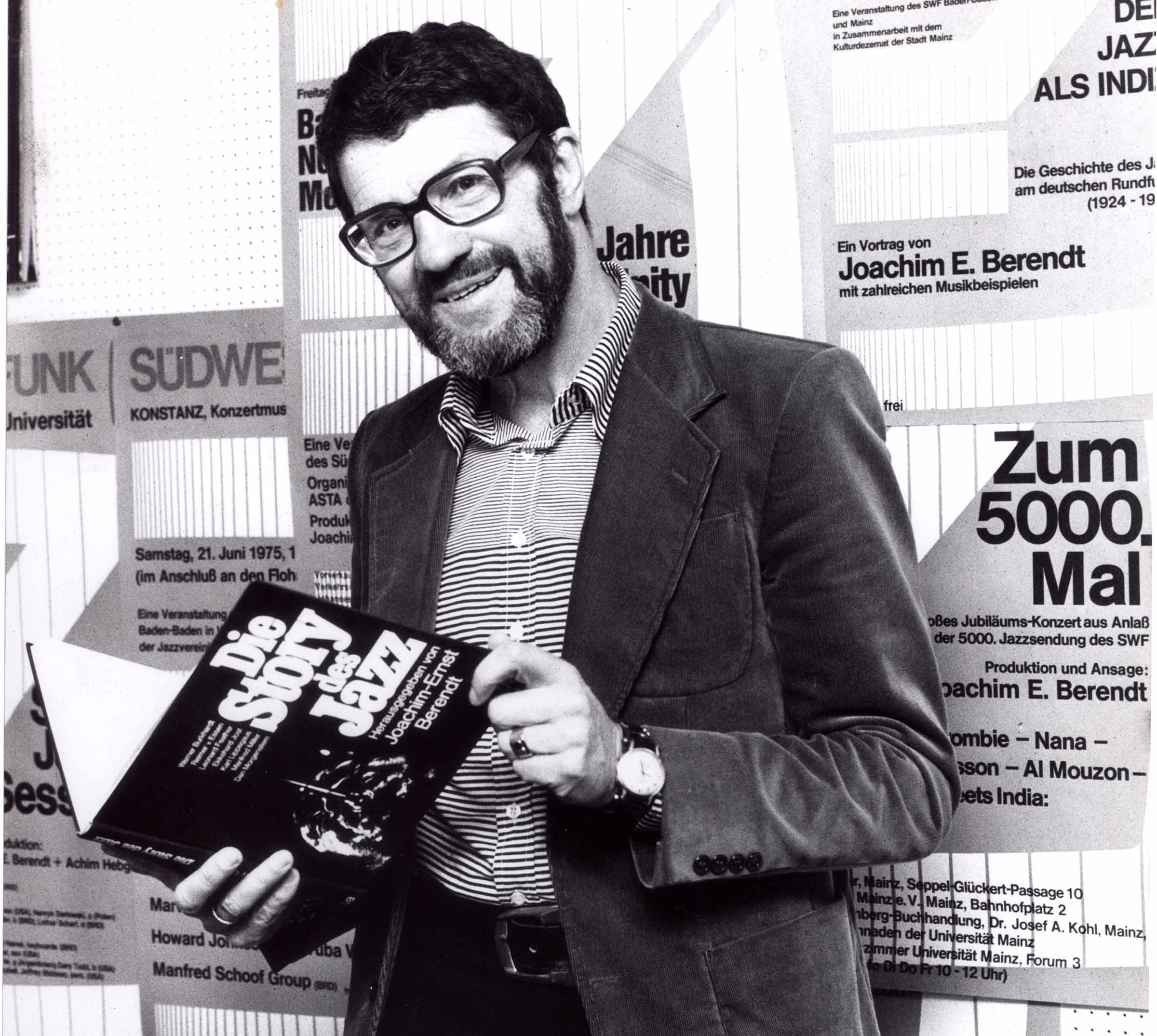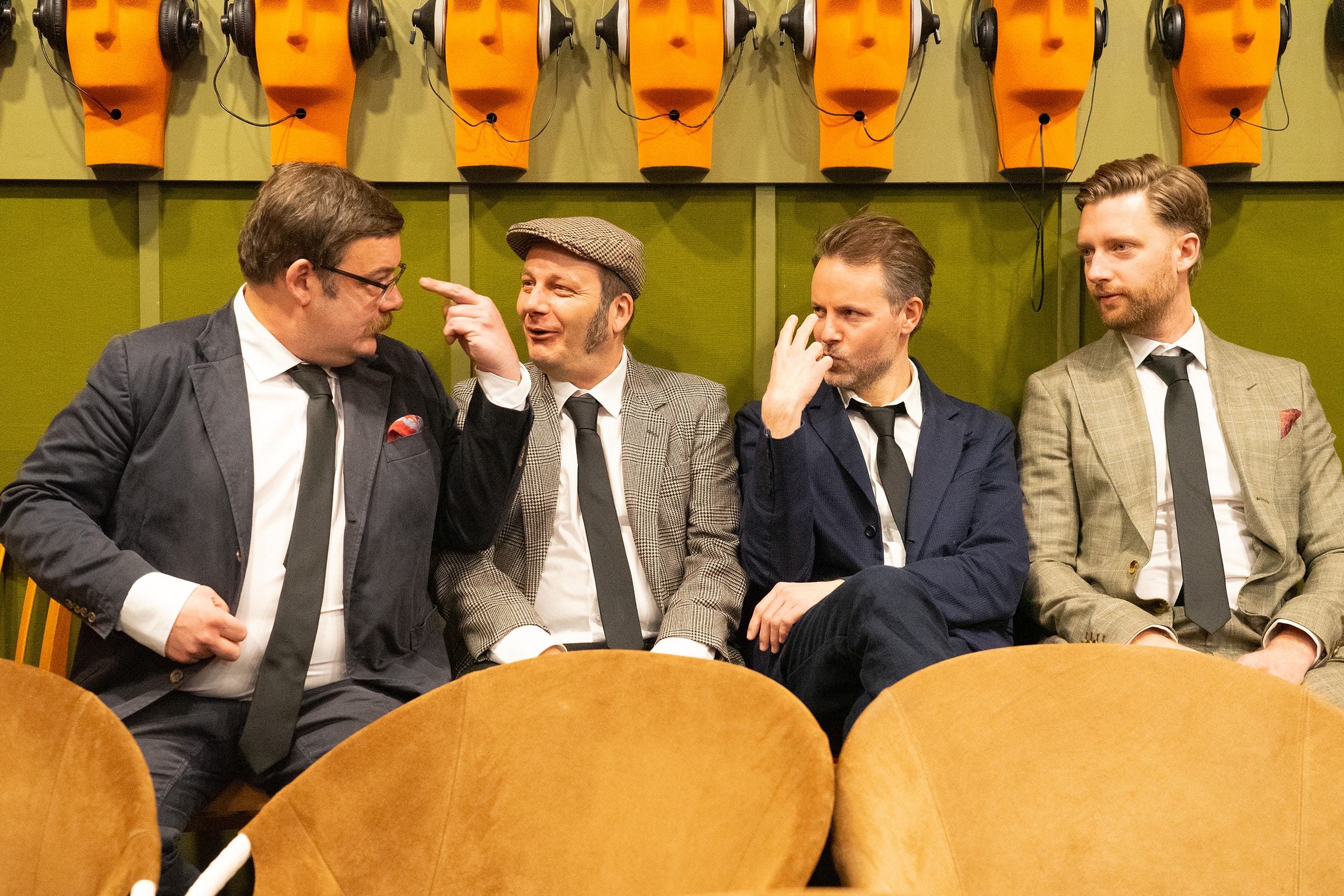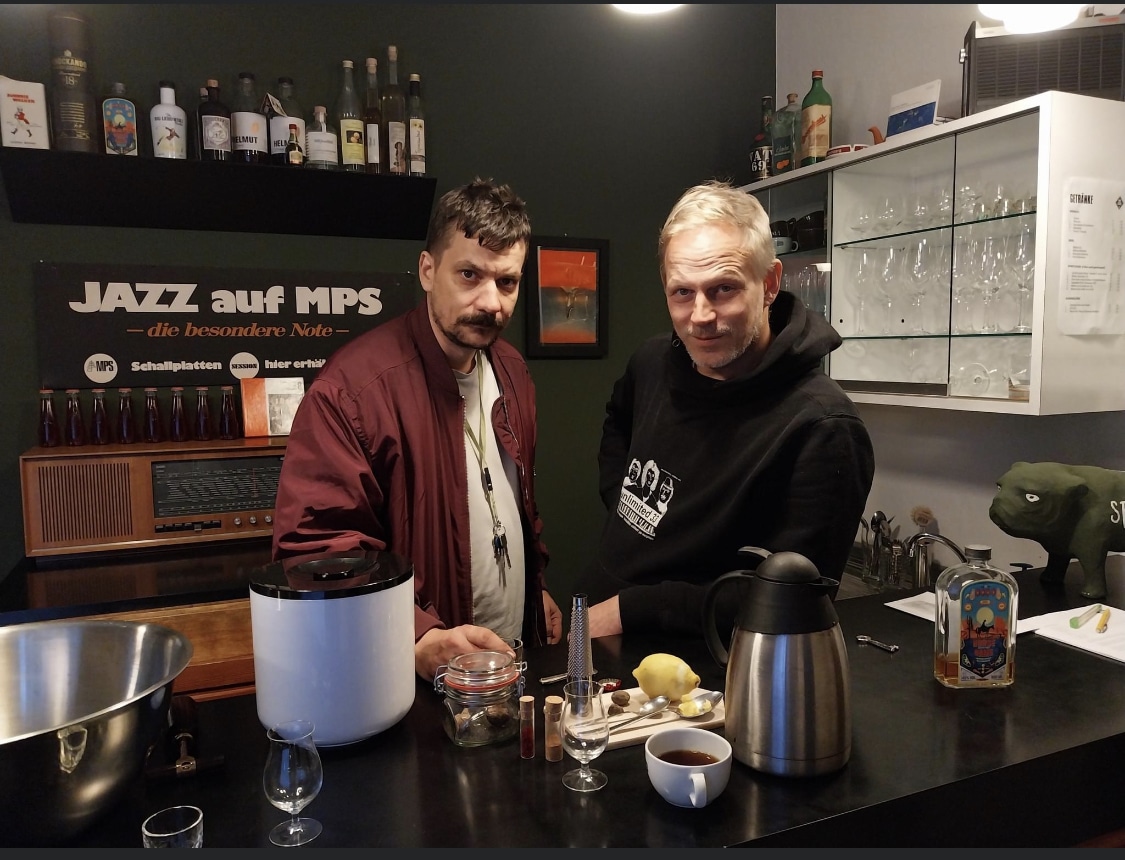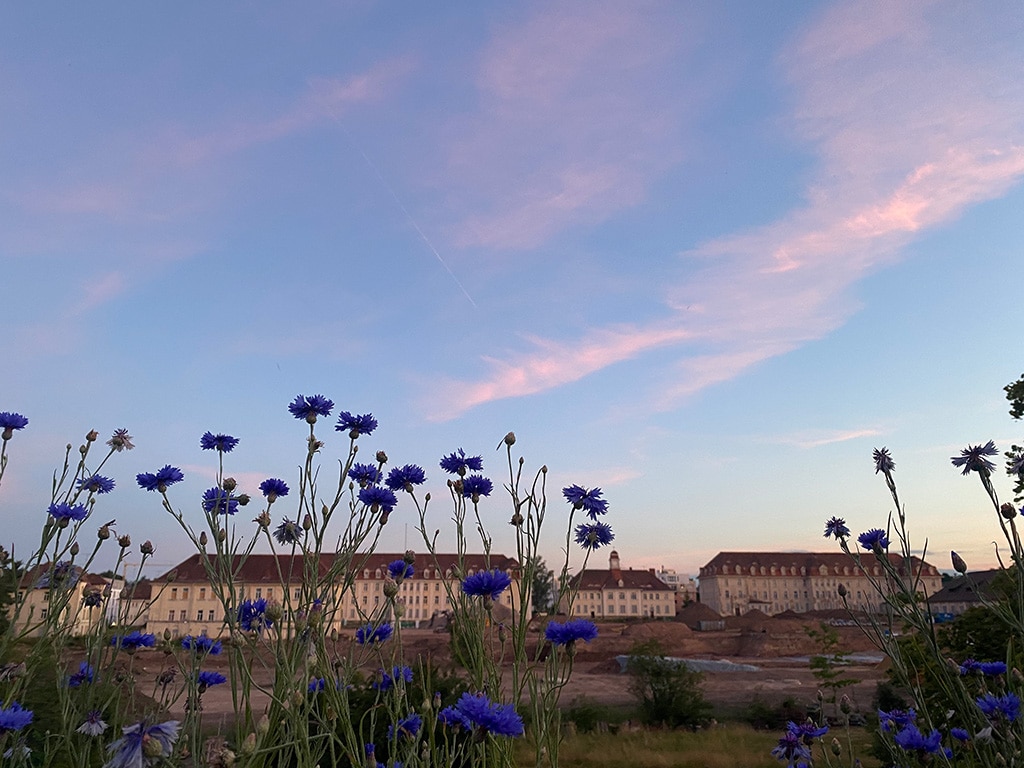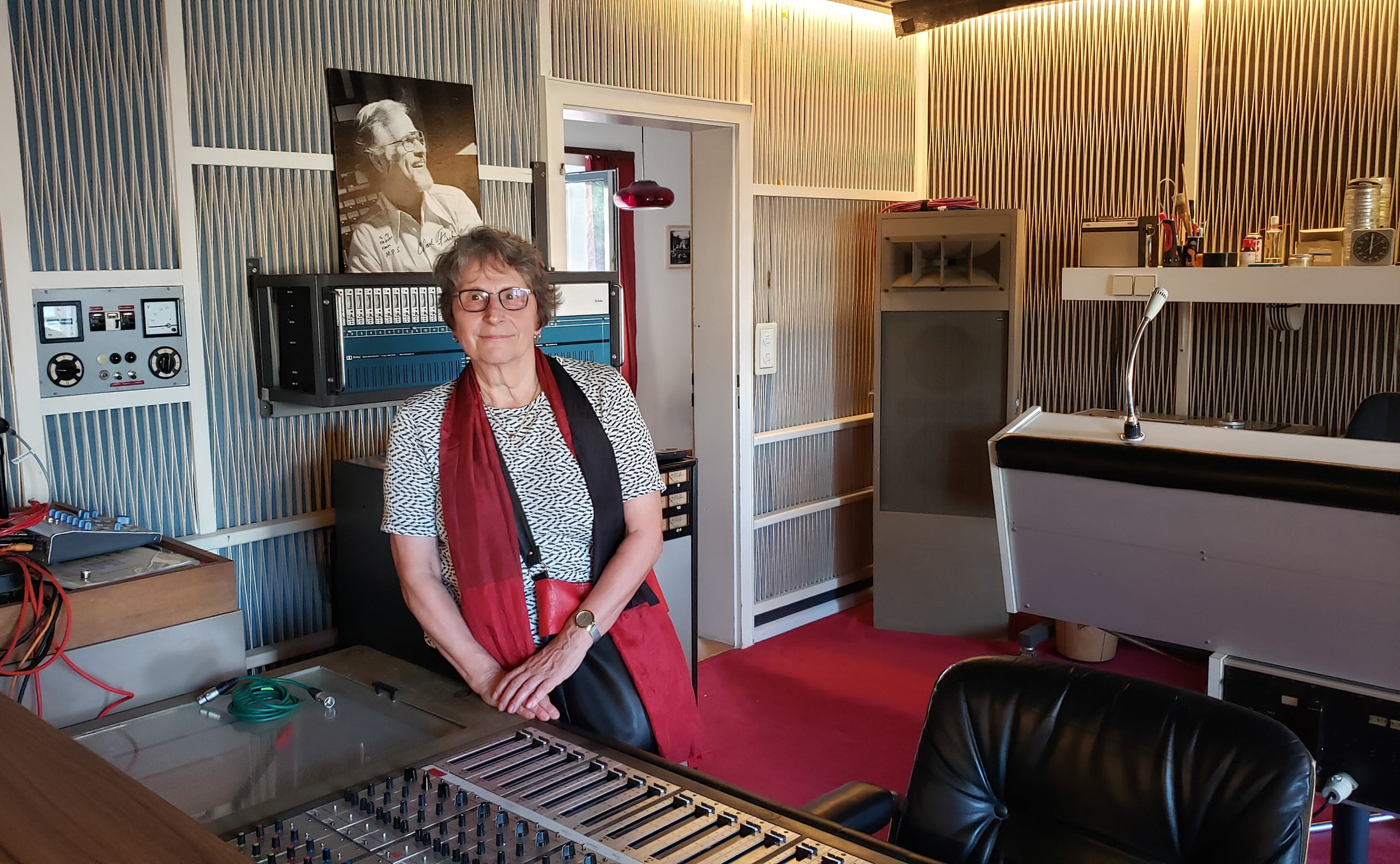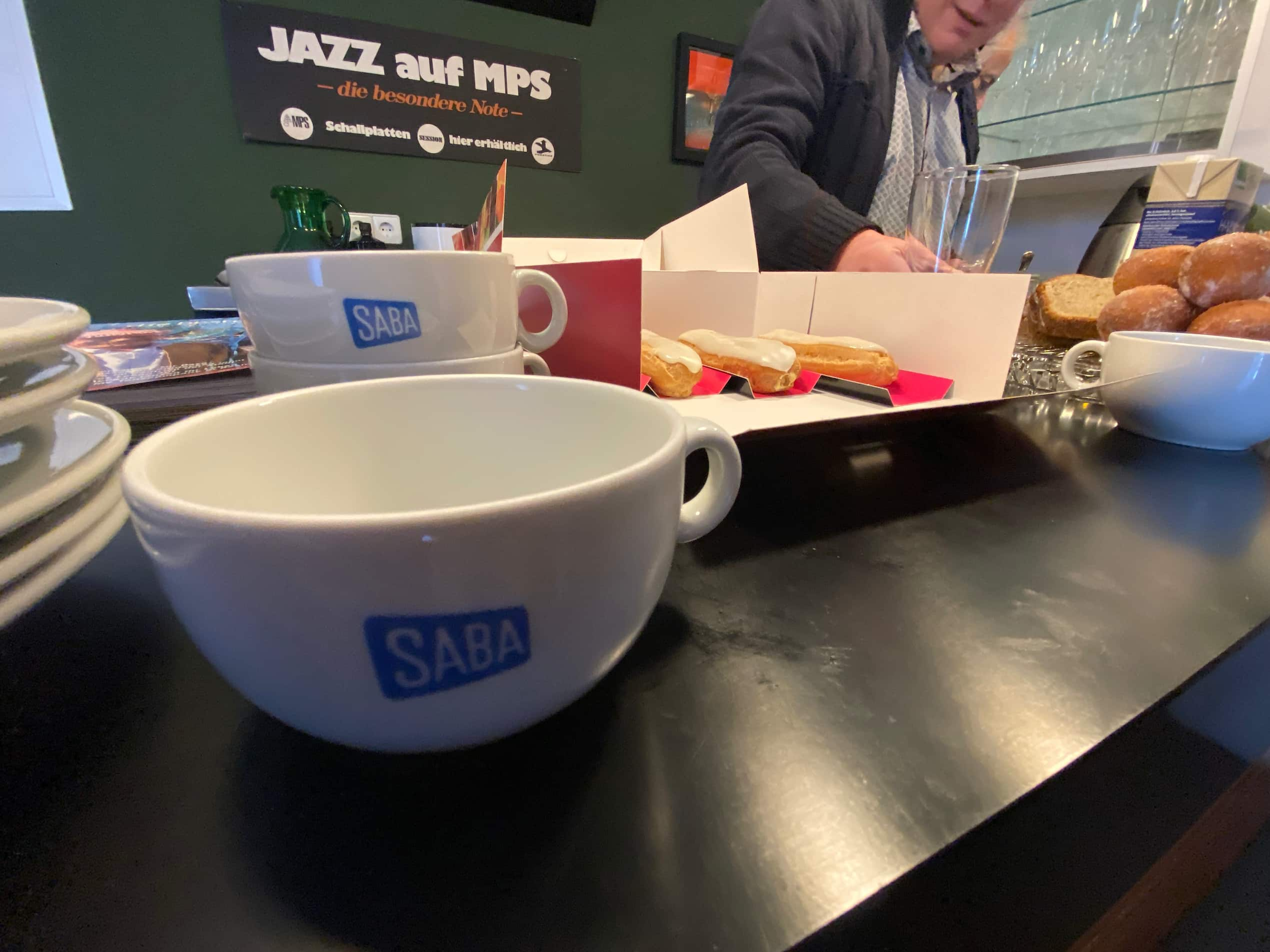History
Well over 1000 recordings have been made in the MPS studio (initially still known as the SABA studio) since the early 1960s. The founder of the studio and record label Hans-Georg Brunner-Schwer (HGBS), co-owner of the well-known radio and TV manufacturer SABA (Schwarzwälder Apparate-Bau-Anstalt since 1918 in Villingen), was himself an enthusiastic amateur pianist. In 1944, at the age of 17, HGBS was put on warning duty at SABA due to night-time air raids, as Villingen was in the flight path of the planes that flew over Munich. The American pilots were played jazz music over the radio, which HGBS listened to using technical equipment from SABA. This was the first time he heard Glenn Miller's “In The Mood”, “Moonlight Serenade” or “Sentimental Journey” - and the foundation stone of Villingen's jazz history was laid. With the economic miracle comes the great demand for radio sets. SABA has a competitive advantage, the quality from the Black Forest is well-known and the competition fears Made In The Black Forest.
HGBS releases jazz recordings (tape and vinyl) on its SABA label as early as 1963. But classical, pop and upscale light music are also recorded in the rooms of a former pasta factory, close to the SABA premises and the HGBS villa.
Many famous jazz musicians are guests here and there are exclusive house concerts in HGBS's private villa, which is also equipped with a small studio. Duke Ellington, Oscar Peterson and many others enjoy the soon to be legendary hospitality and excellent recordings.
When SABA was sold to General Telephone & Electronics (GTE) in 1968, the studio had to change its name: MPS! MPS stands for Musik Produktion Schwarzwald, later affectionately known as the Most Perfect Sound.
The MPS label covers the entire spectrum of jazz, from free jazz to piano jazz, from accordion jazz, big band jazz to vocal jazz - an incredible repertoire of top-class recordings is created here in the hitherto musically inconspicuous southern German province.
German-speaking and European musicians release their records here: Irène Schweizer, Wolfgang Dauner, Albert Mangelsdorff, Volker Kriegel, Jasper van't Hof, Hans Koller, Peter Herbolzheimer, Joachim and Rolf Kühn, Friedrich Gulda as well as numerous jazz greats from overseas: Oscar Peterson, Bill Evans, Monty Alexander, George Duke, Clark Terry, Lee Konitz, Don Cherry, Sun Ra, Milt Buckner, Cecil Taylor, Dave Pike, Baden Powell, the Singers Unlimited and many others.
The most important producers alongside HGBS are Joachim-Ernst Berendt, who produces the series Jazz meets the World for MPS and lays the foundation for the genre of world music. In dusty post-war Germany, Berendt did pioneering work for jazz in Germany with books, TV and radio programs and as artistic director of the Berlin Jazz Days, Donaueschingen Music Days and Baden-Baden New Jazz Meeting festivals. Berendt's numerous productions for SABA and MPS are milestones in German jazz history. Berendt has undoubtedly had a decisive influence on the repertoire of the MPS label.
The jazz musician, composer, sound engineer and music producer Willi Fruth, already head of production at the SABA label in 1963, was also responsible for numerous productions at MPS from 1968 onwards.
The legendary sound engineer Rolf Donner comes from Leipzig, where he grew up in the neighborhood of jazz legends Rolf and Joachim Kühn. Originally working at Südwestfunk Baden-Baden, he was invited by HGBS to help set up the recording studio in Villingen and was responsible for numerous legendary recordings from the 1960s onwards.
The special quality of the recordings is due to the demands of HGBS and its sound engineers, producers and venues, but also to the special atmosphere. Time and money play less of a role. They often work late into the night and also like to party.
Oscar Peterson on HGBS:
„You know, now I'm just playing for the microphone and for you and not in some studio where they say you have two hours and then you have to finish recording and leave the studio. With you, I can play for hours as long as I want until we both like it.“ (Book Jazzin‘ The Black Forest / Crippled Library / 1999)
Nathan Davis:
„We went to Villingen to do that recording date (Happy Girl). One thing I remember about that session was that we got paid even before we'd finished the music. That shocked me. It had never happened to me before! And during the break they asked us what we wanted to eat. Fried chicken, steak, whatever. And we got it. I said „What? Jazz musicians and being treated like this?“ They got us everything we wanted. It was incredible.“
(Book Jazzin‘ The Black Forest / Crippled Library / 1999)
Dieter Reith about HGBS:
„Other personalities of his calibre invested their money in yachts and parties, he produced jazz and helped musicians to realize their musical dreams. He created a unique jazz catalog that is unparalleled in the world.“
(Book Jazzin‘ The Black Forest / Crippled Library / 1999)
The love, fascination and passion for music as well as the realization in the studio has priority for HGBS. So it is not surprising that some gems never made it to a larger edition, even though there was enough potential. These records are traded at high prices today.
At the beginning of the 1980s, HGBS sold its catalog to Polygram and continued to produce under the HGBS label for many years. In 2004, Hans-Georg Brunner-Schwer dies in a traffic accident not far from where he worked.
